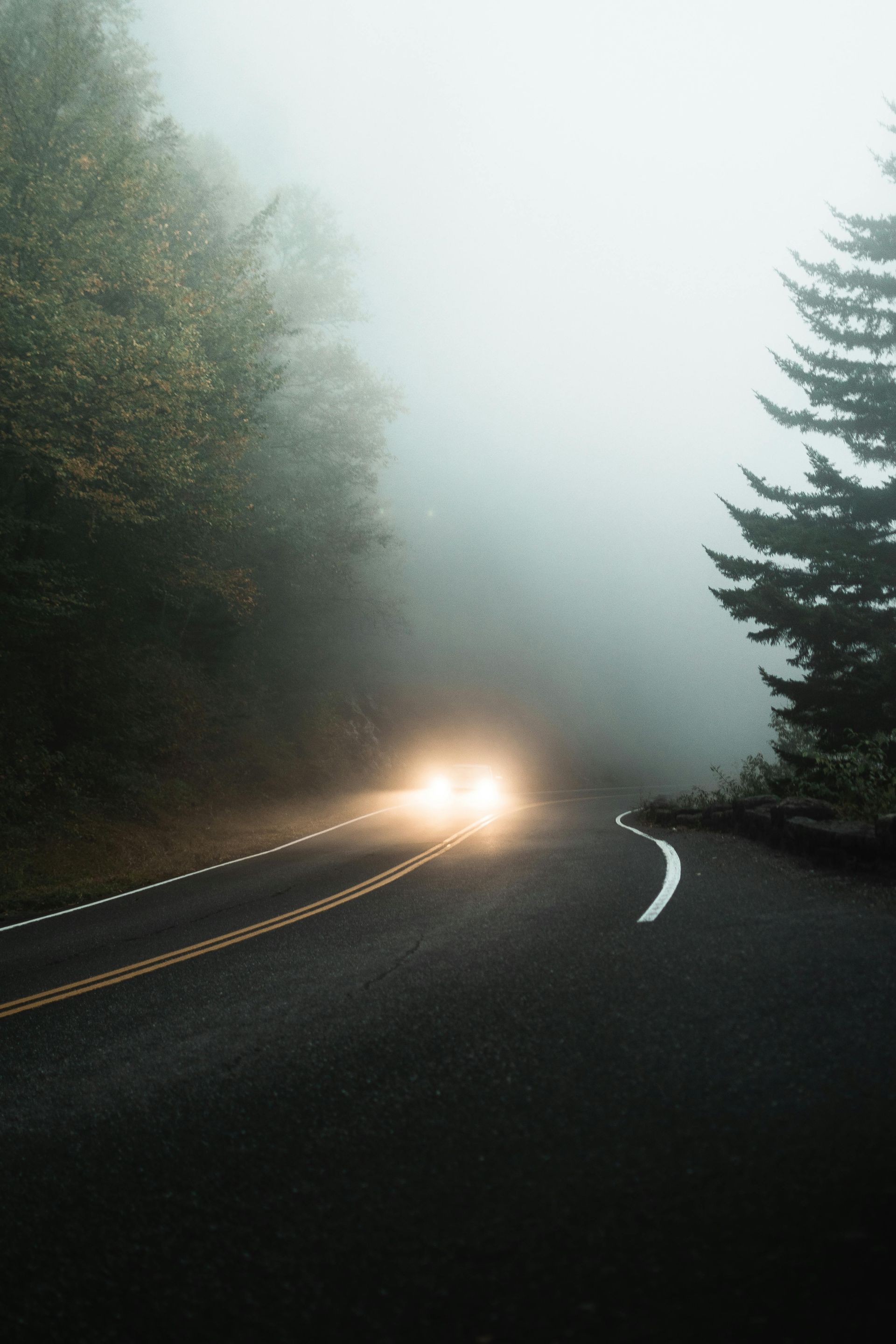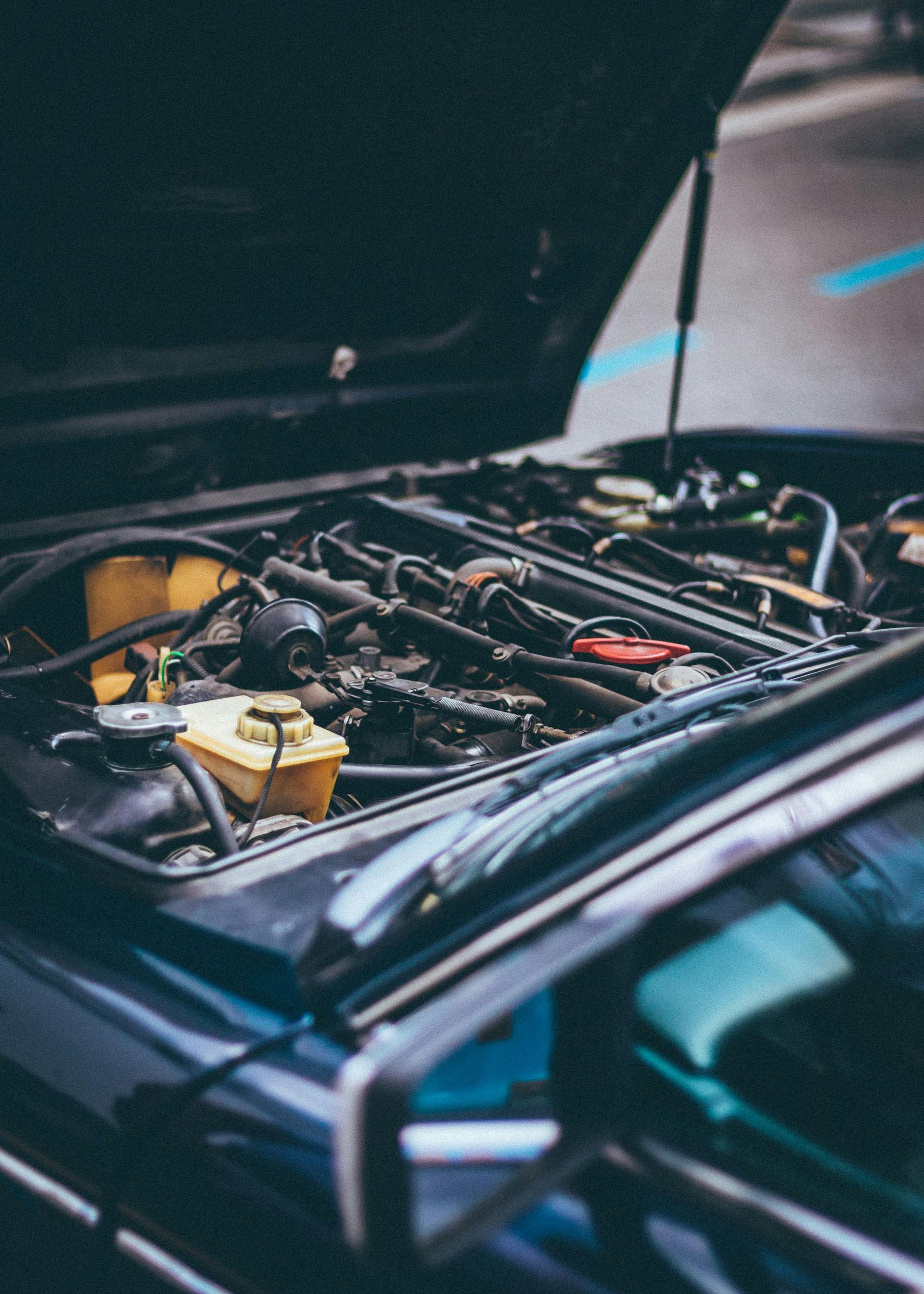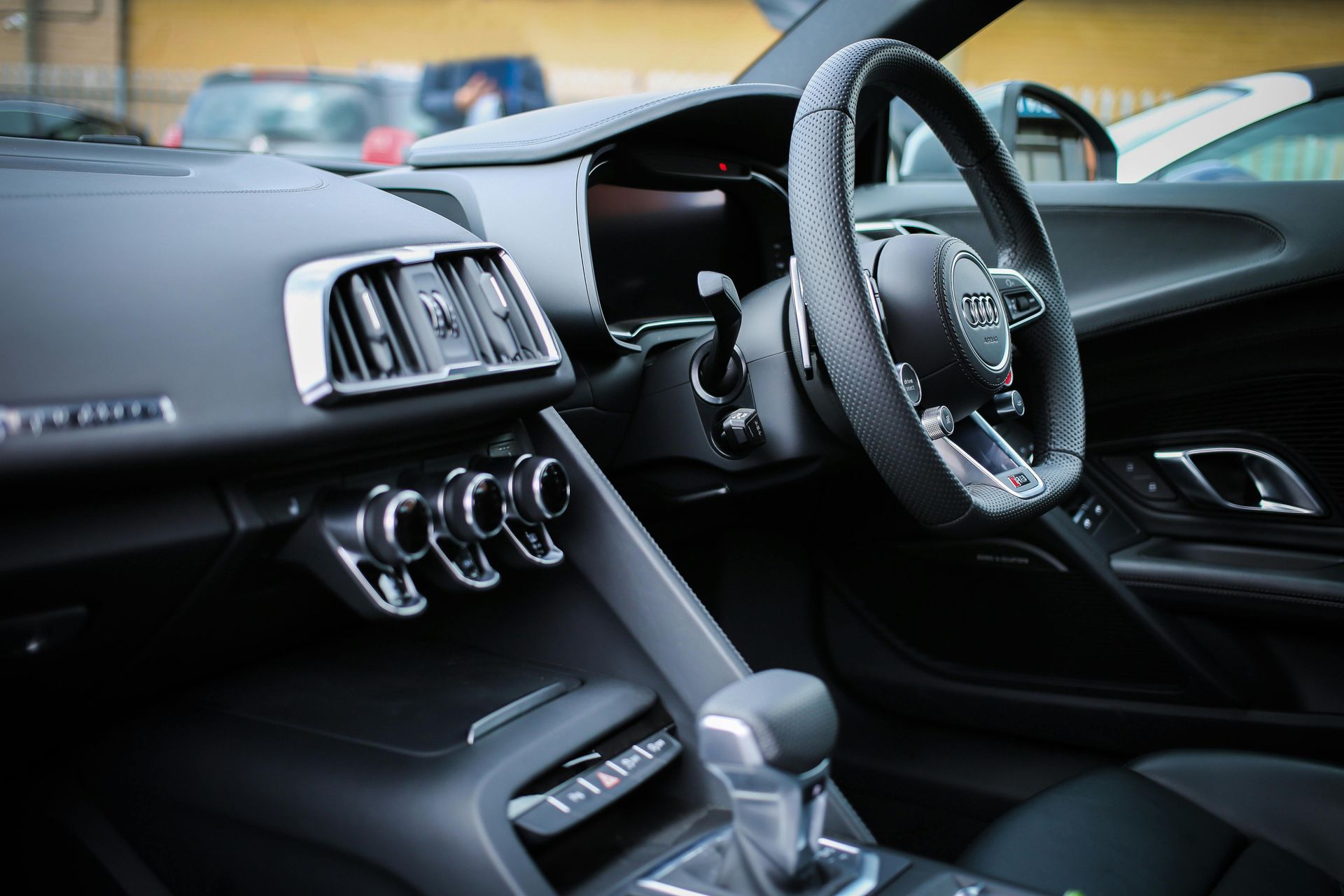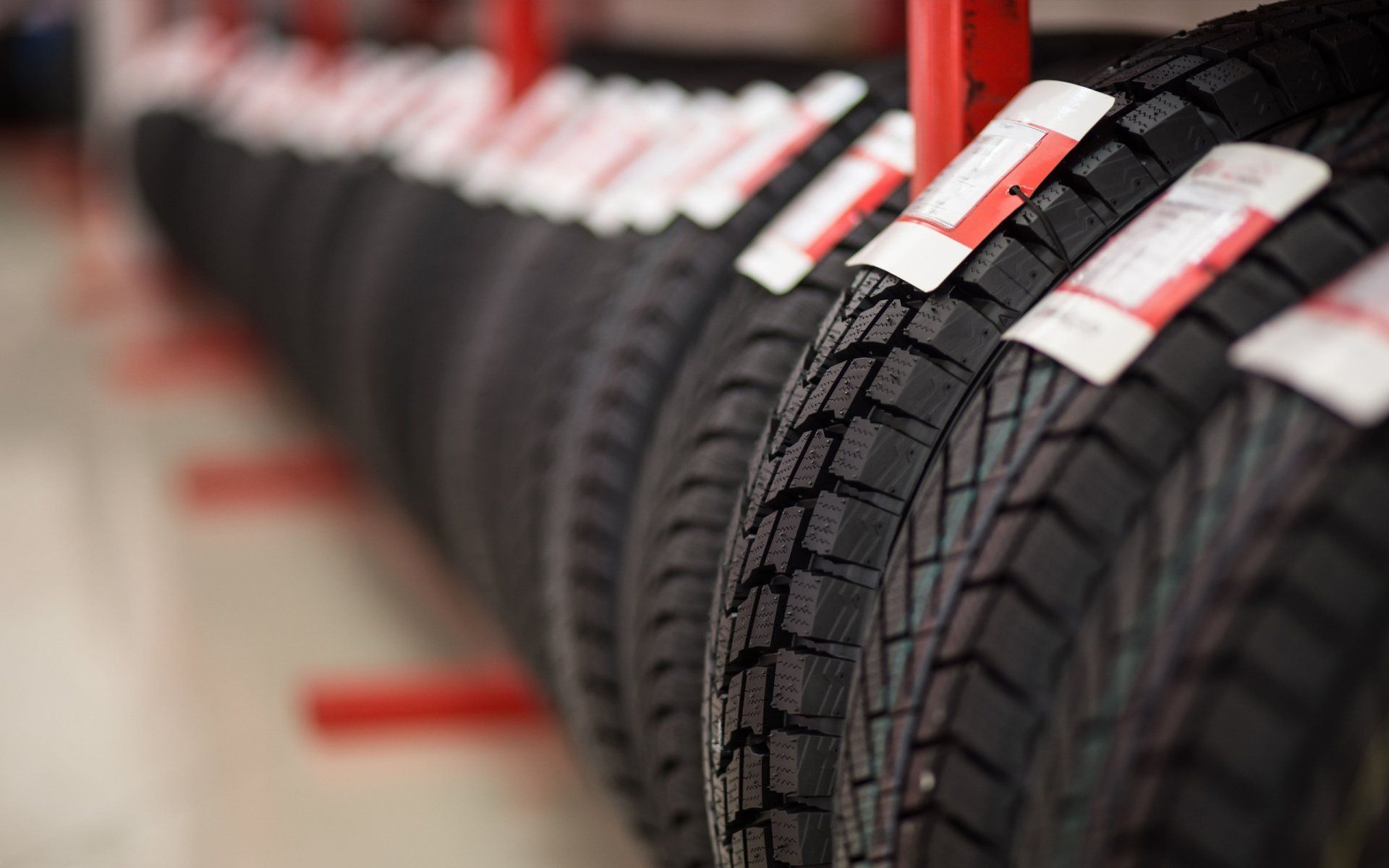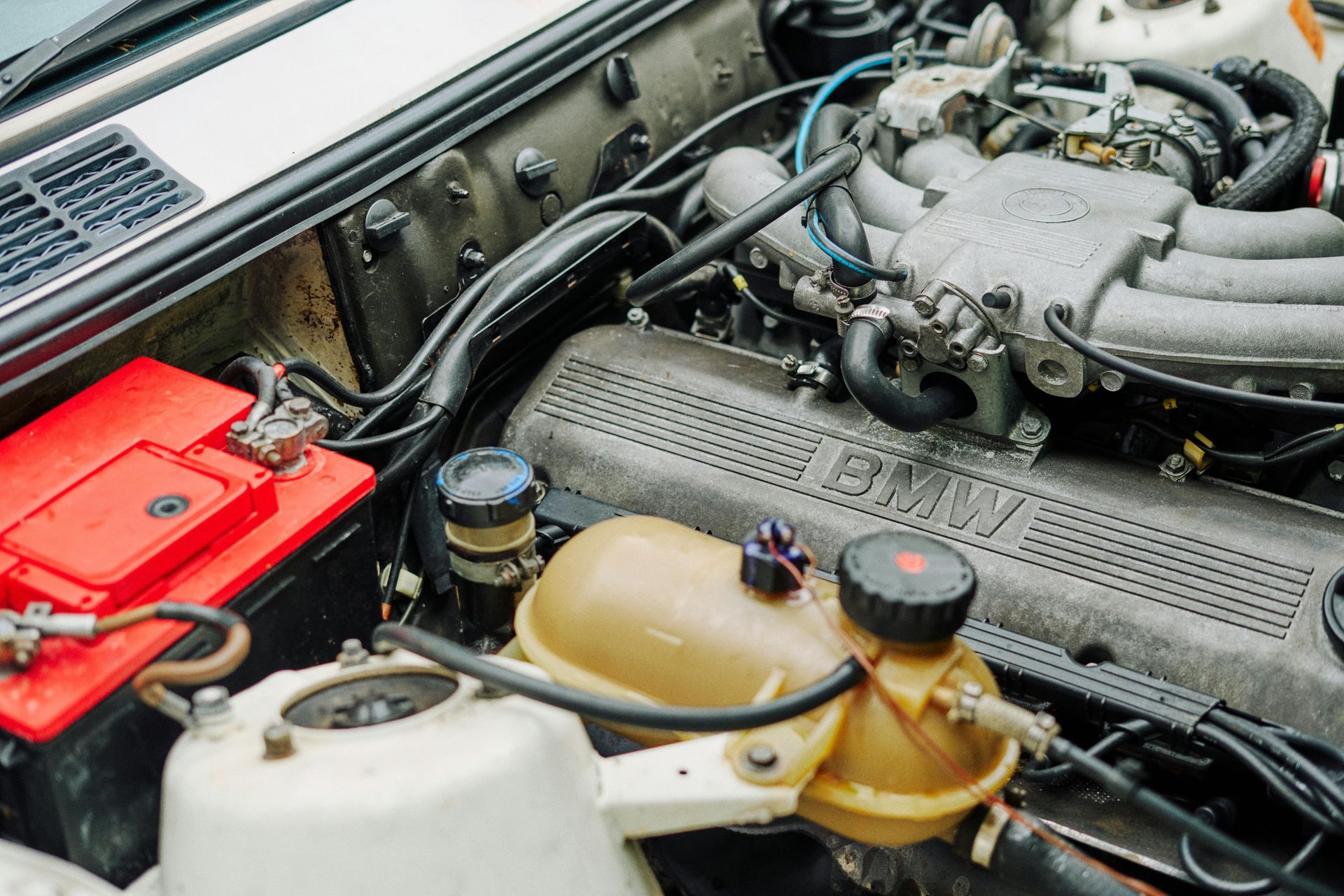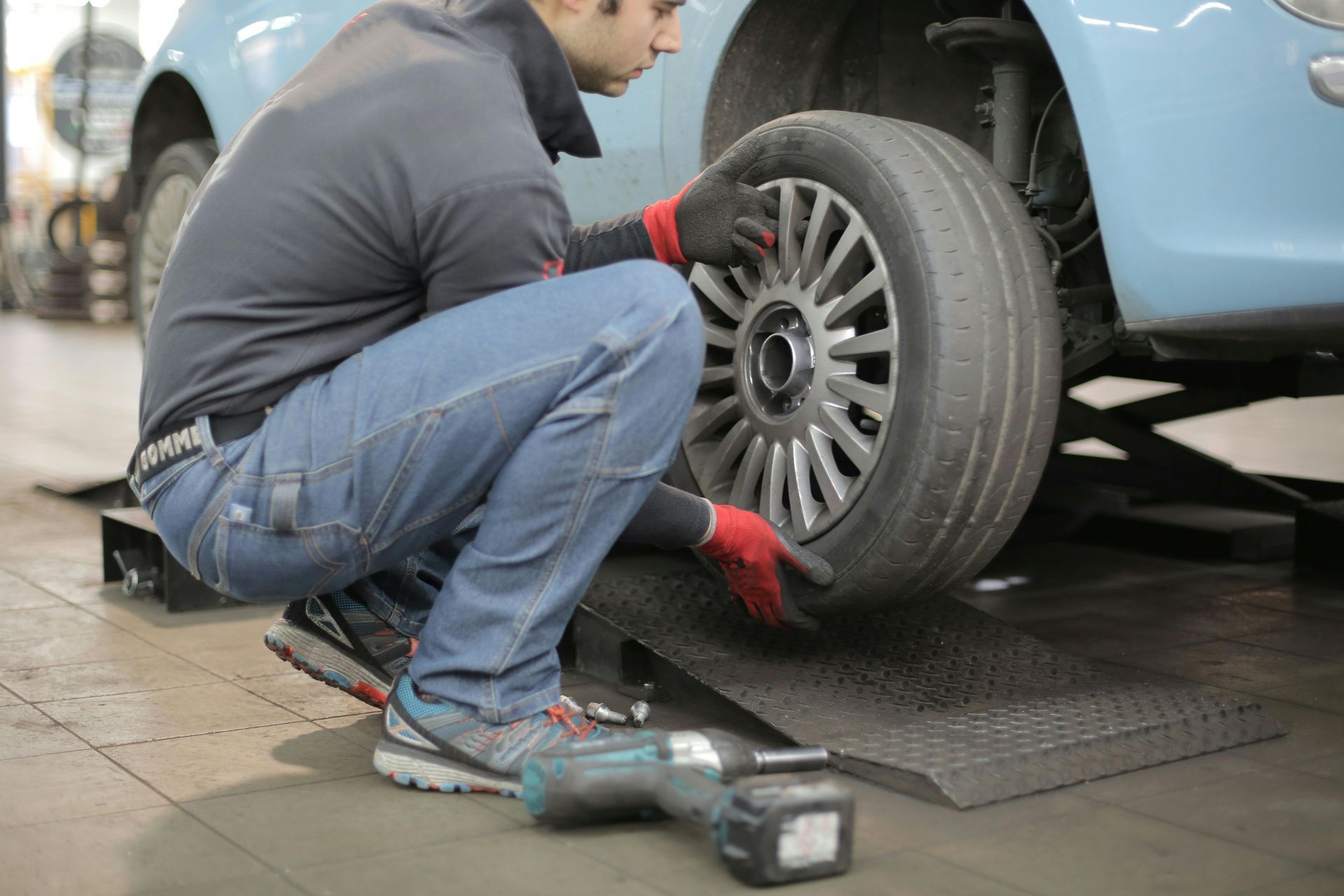Warning Signs Your Brakes Need Attention After Auburn's Hot Summer
Summer in Auburn puts serious stress on your vehicle's braking system. Between scorching temperatures that regularly top 100 degrees, steep mountain roads leading to Lake Tahoe, and stop-and-go traffic on Highway 80 during construction season, your brakes have been working overtime. As we head into fall, it's crucial to recognize the warning signs that your brakes need professional attention before they fail when you need them most.
Why Auburn's Summer Is So Hard on Brakes
Living in Auburn means your brakes face unique challenges that many drivers don't fully appreciate. The combination of extreme heat and mountainous terrain creates the perfect storm for brake wear and damage.
When you brake, friction generates tremendous heat – and that heat gets trapped when outside temperatures soar above 100 degrees. Your brake pads, rotors, and fluid all suffer when they can't cool down properly between stops. Add in Auburn's position as a gateway to the Sierra Nevada, and many drivers regularly tackle steep grades that put even more stress on braking systems.
Highway 80 through Auburn sees heavy traffic, especially during summer travel season. All that stop-and-go driving in extreme heat accelerates brake wear significantly compared to steady highway cruising in moderate temperatures.
Listen for Unusual Sounds
Your brakes will often tell you they need attention through sounds that weren't there before summer started. These audio warning signs become more noticeable as temperatures moderate and you're not running the air conditioner at full blast.
Squealing or squeaking when you brake usually means your brake pads have worn down to the metal wear indicators. These built-in warning devices are designed to make noise when pad material gets dangerously thin. Don't ignore this sound – it's your brakes crying for help.
Grinding or scraping noises indicate more serious problems. This often means brake pads have worn completely through, and metal is grinding against metal. This damages your rotors and creates a dangerous situation, especially on Auburn's steep roads where you depend on reliable braking power.
Clicking or rattling sounds might indicate loose brake hardware or warped rotors. Summer heat can cause brake components to expand and contract, leading to hardware that no longer fits properly.
Pay Attention to Pedal Feel
How your brake pedal feels under your foot provides important clues about brake system health after months of summer driving around Auburn.
A soft or spongy brake pedal that sinks toward the floor often indicates brake fluid problems. Summer heat breaks down brake fluid faster, reducing its effectiveness and potentially allowing air bubbles into the system. This is especially dangerous when driving Auburn's mountain routes where you need maximum braking power.
A hard brake pedal that requires excessive force to stop your car might indicate problems with your brake booster or other system components. This makes emergency stops much more difficult and dangerous.
Pulsing or vibration through the brake pedal usually means warped brake rotors. Summer heat can cause rotors to warp, especially if you've done a lot of mountain driving or had to make sudden stops on hot pavement. This creates an uneven braking surface that you'll feel through the pedal.
Watch for Visual Warning Signs
Some brake problems are visible if you know what to look for. Take a few minutes to visually inspect your brakes, especially if you've noticed any of the symptoms mentioned above.
Look through your wheel spokes at your brake rotors. Scoring, grooves, or discoloration on the rotor surface indicates wear or heat damage from summer driving. Deep grooves mean rotors may need replacement, while blue discoloration shows they've been overheated.
Check your wheels for excessive brake dust. While some brake dust is normal, unusually heavy accumulation might indicate pads that are wearing faster than expected. Auburn's dusty summer conditions can make this harder to spot, so look for changes from your normal pattern.
Fluid leaks around your wheels or under your car are serious brake problems that need immediate attention. Brake fluid is clear to light brown and has a distinct oily feel. Any brake fluid leak compromises your stopping ability and safety.
Notice Changes in Stopping Distance
After months of gradual brake wear, you might not notice that your car takes longer to stop than it did in spring. This is especially dangerous in Auburn where traffic conditions can change quickly between city driving and mountain highways.
Pay attention to how much pedal pressure you need to stop normally. If you're pressing harder than usual, your brakes aren't working as effectively as they should. This becomes critical when you encounter Auburn's steep grades or need to make emergency stops.
Pulling to one side when braking indicates uneven brake wear or problems with brake components on one side of your vehicle. This can be especially dangerous on Highway 80's curves or Auburn-Folsom Road's winding sections.
Check Your Brake Warning Lights
Modern vehicles have sophisticated brake monitoring systems that can detect problems you might not notice while driving. Don't ignore dashboard warning lights, especially after a summer of hard driving around Auburn's challenging terrain.
The brake warning light might indicate low brake fluid, worn pads, or system malfunctions. The ABS light could signal problems with your anti-lock braking system – crucial for safety on Auburn's varied road surfaces.
Some newer vehicles have brake pad wear sensors that trigger dashboard warnings when pads get too thin. These systems are designed to catch problems before you hear grinding noises or experience brake failure.
Consider Your Summer Driving Patterns
Think about how you've used your vehicle this summer. Auburn drivers who frequently travel to Lake Tahoe, Grass Valley, or other mountain destinations put extra stress on their brakes through sustained downhill braking.
Mountain driving creates more brake wear than flat highway miles. If you've made multiple trips over Donner Pass or through the Sierra foothills, your brakes have worked much harder than normal city driving.
Towing trailers or carrying heavy loads during summer camping trips also accelerates brake wear. The extra weight requires more braking force and generates more heat.
Construction delays on Highway 80 and other Auburn area roads meant more stop-and-go driving in extreme heat – another factor that increases brake system stress.
Don't Wait for Complete Failure
Brake problems rarely fix themselves and always get worse over time. What starts as minor squeaking can quickly progress to dangerous brake failure, especially when fall weather brings wet roads that require more stopping power.
Auburn's mountain roads make brake reliability even more critical than in flat areas. A brake failure on a steep grade could be catastrophic, putting you and other drivers at serious risk.
Professional Brake Inspection After Summer
If you've noticed any warning signs or just want peace of mind after a summer of Auburn driving, professional brake inspection is smart preventive maintenance. Experienced technicians can measure pad thickness, check rotor condition, test brake fluid, and identify problems before they become emergencies.
This is especially important if you're planning fall trips through the Sierra Nevada or expect to deal with Auburn's wet winter weather. Fresh brakes give you confidence and safety in challenging conditions.
Get Your Brakes Checked in Auburn
Don't let summer brake wear compromise your safety as driving conditions change this fall. At Autovantage Service Center, our ASE-certified technicians know exactly how Auburn's summer heat and mountain driving affect brake systems. We can quickly diagnose brake problems and get you back on the road safely.
Whether you're hearing strange noises, feeling pedal changes, or just want to ensure your brakes are ready for fall and winter driving, we're here to help. Call us at (530) 450-2423 or schedule online – because when you're coming down Auburn-Folsom Road or Highway 80's mountain grades, you want brakes you can trust completely.


